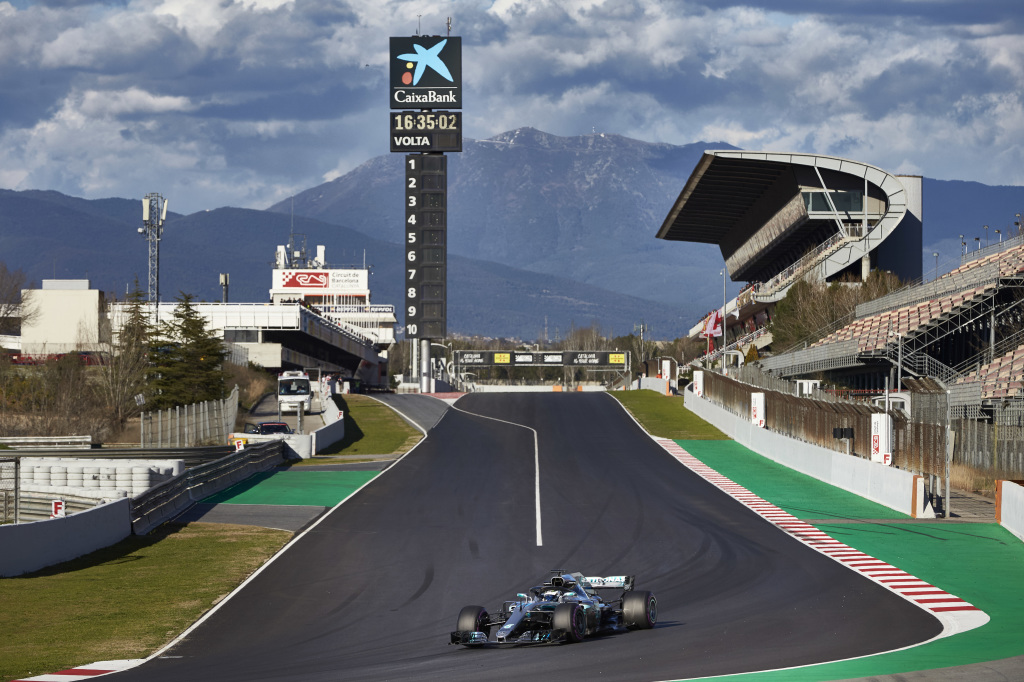Racing Point: The FIA Verdict That Could Change F1’s Future
Racing Point has been at the center of a major controversy in Formula One with their controversial copying allegations that have rocked the sport in recent months. The FIA, the governing body of Formula One, recently released their verdict on Racing Point’s alleged breach of the sporting regulations, and the decision could have a significant impact on the future of the sport.
The saga began when Racing Point introduced a new car for the 2020 season, the RP20, which bore a striking resemblance to last year’s Mercedes W10. Many teams, including Renault, McLaren, and Ferrari, raised concerns about Racing Point’s car being a close replica of the Mercedes, which they claimed violated the F1 regulations on listed parts.
After an investigation, the FIA concluded that Racing Point had indeed breached the regulations by using Mercedes’ design of the brake ducts, which are considered listed parts that teams must design themselves. As a result, Racing Point was fined €400,000 and docked 15 championship points for the team and their drivers.
While Racing Point accepted the penalty, the team argued that they did not intentionally break the rules and believed their car was legal. However, many in the paddock have criticized Racing Point for their lack of originality and accused them of not respecting the spirit of competition in Formula One.
The FIA’s verdict has sparked a debate about the future of the sport and the need for tighter regulations to prevent teams from exploiting loopholes and copying designs from other teams. Some teams have called for stricter penalties for teams that violate the rules, while others have defended Racing Point’s actions as a smart way to be competitive in a sport dominated by big-budget teams like Mercedes and Ferrari.
The fallout from Racing Point’s case is likely to have lasting consequences on Formula One, as teams are reevaluating their design processes and the FIA is considering changes to the regulations to prevent similar incidents in the future. The verdict has also raised questions about the role of customer teams and the influence of big manufacturers in the sport, as Racing Point’s close ties to Mercedes have been a point of contention throughout the investigation.
As the F1 season continues and the teams prepare for the next race, the Racing Point saga is far from over. The verdict may have been delivered, but the repercussions are just beginning to be felt in the paddock. Only time will tell how this controversy will shape the future of Formula One and the way teams approach design and innovation in the sport.



